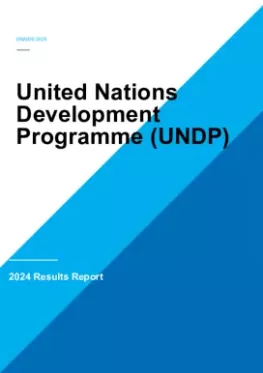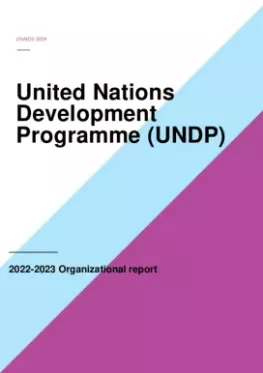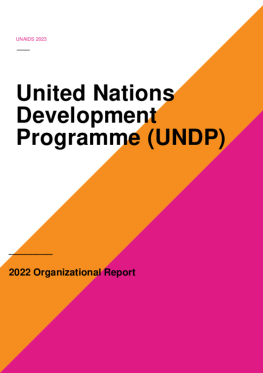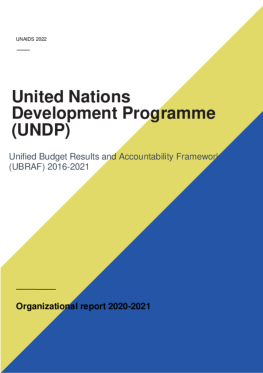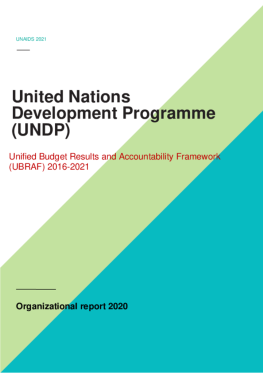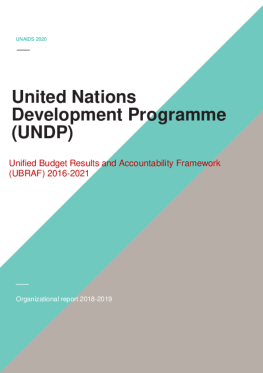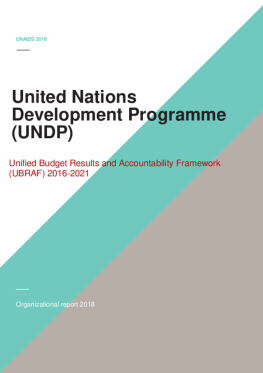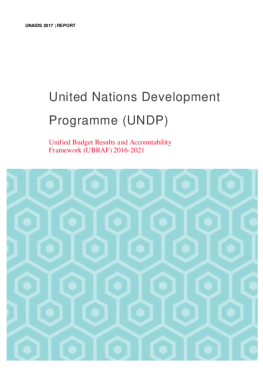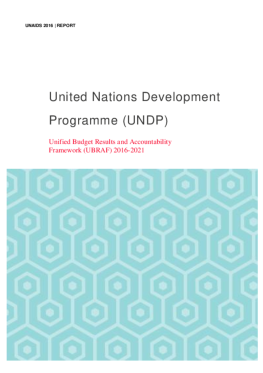UNDP partners with 170 countries and territories on their unique development journeys, helping eradicate poverty, while expanding opportunities and choices for all.
In 2024, UNDP accompanied 140 countries on HIV and health. UNDP’s work on HIV leverages and contributes to the organization’s mission of reducing poverty and inequalities, building resilience and sustainability.
The UNDP Strategic Plan (2022–2025) and the UNDP HIV and Health Strategy (2022–2025) commit UNDP to end AIDS as a public health threat; address the inequalities that drive pandemics; strengthen governance and systems for health; and address other priorities such as noncommunicable diseases, mental health and pandemic preparedness. This includes working with countries, communities and partners on enabling legal and policy environments and institutions for more effective and efficient HIV responses, as well as enhancing innovation, integration, partnerships and sustainable financing for HIV responses.
For information on UNDP's results, please see the 2024 downloadable report below.


